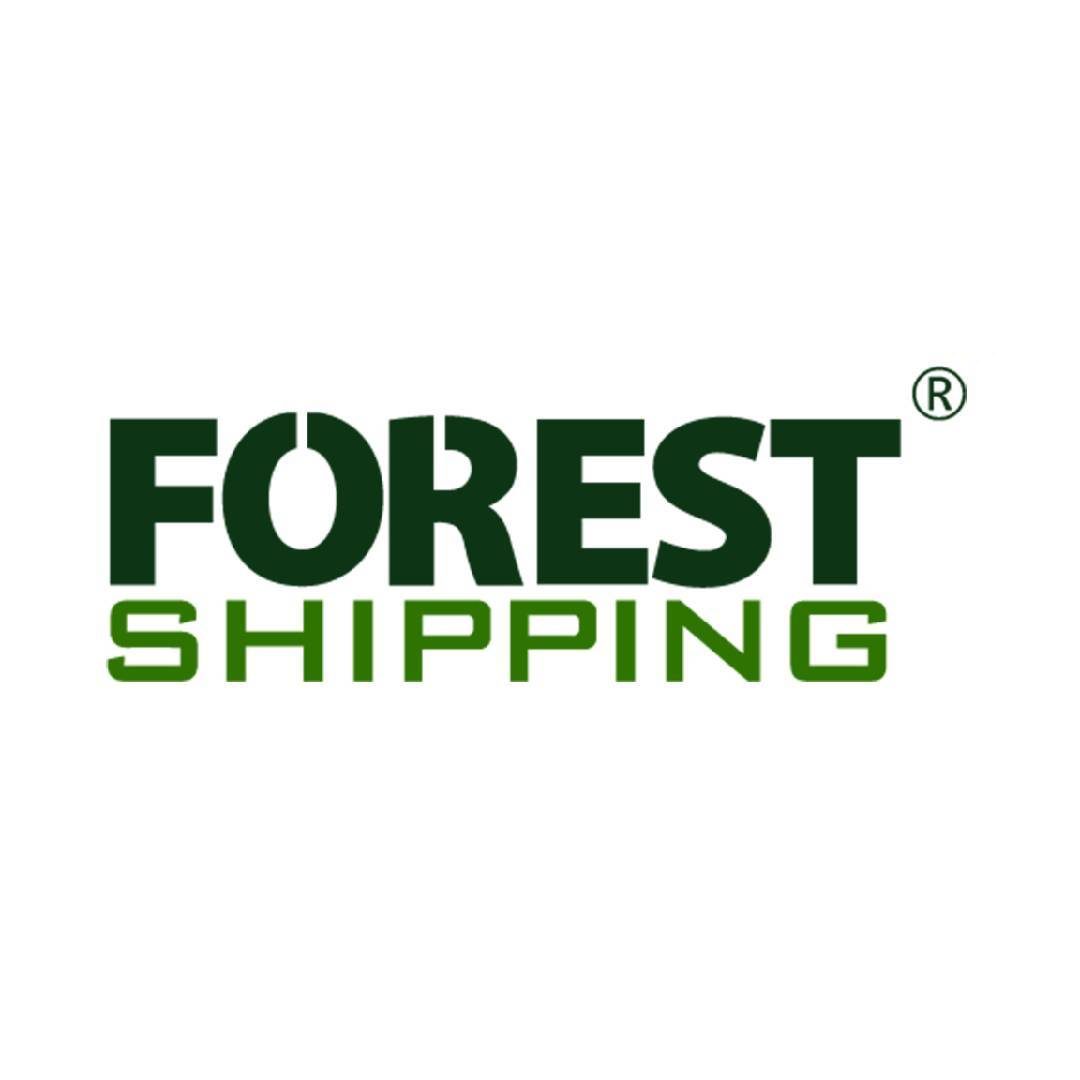巴西物流市场:趋势与挑战
随着全球贸易的不断增长,巴西物流市场作为连接南美与世界的桥梁,正变得越来越重要。本文将探讨巴西物流的现状、趋势以及未来的发展方向,帮助您更好地理解这一领域的机遇与挑战。
巴西物流服务的概述
巴西物流服务涵盖了从货物运输到仓储、配送的全生命周期管理。无论是制造业、零售业还是农业,巴西物流都在其供应链中扮演着关键角色。随着巴西经济的快速发展,物流成本的降低和效率的提升已成为企业竞争力的重要因素。
技术驱动的变革
近年来,巴西物流行业 experiences a dramatic transformation driven by technological advancements. innovations such as blockchain, IoT, and AI are reshaping how goods are tracked, secured, and delivered. For instance, blockchain technology enables transparent and secure supply chain management, while IoT devices improve real-time monitoring and predictive maintenance of logistics equipment.
Cost Optimization
Cost optimization remains a primary focus for businesses operating in Brazil’s logistics sector. Efficient routing, load optimization, and the use of alternative transportation modes such as rail and sea freight are essential to reduce operational costs. Additionally, the integration of digital tools and automation can further enhance cost efficiency while maintaining high service standards.
Future Trends in Brazilian Logistics
The future of Brazilian logistics is undeniably tied to technological innovation and sustainable practices. Here are some key trends to watch:
E-commerce Growth
The rise of e-commerce in Brazil is creating a surge in demand for fast and reliable logistics solutions. Online platforms are increasingly adopting last-mile delivery systems and warehouse automation to meet the needs of consumers. Companies that prioritize customer experience and operational efficiency will gain a competitive edge.
Sustainability
Sustainability is becoming a cornerstone of logistics operations in Brazil. There is a growing emphasis on reducing carbon emissions, optimizing fuel consumption, and minimizing waste. Sustainable logistics practices, such as the use of electric vehicles and recycling programs, are gaining traction and are likely to play a significant role in the future.
Smart Cities
The development of smart cities is transforming the logistics landscape in Brazil. The integration of smart technologies in urban areas enables better coordination of transportation networks, reduces traffic congestion, and enhances emergency response systems. This shift is expected to drive innovation and efficiency in logistics operations across the country.
Conclusion
Brazil’s logistics industry is undergoing a transformative period driven by technological advancements, cost optimization, and a growing emphasis on sustainability. As the demand for efficient and reliable logistics solutions continues to rise, businesses in Brazil must adapt to these changes to remain competitive. By leveraging emerging technologies and adopting sustainable practices, companies can unlock new opportunities and drive the industry forward.

